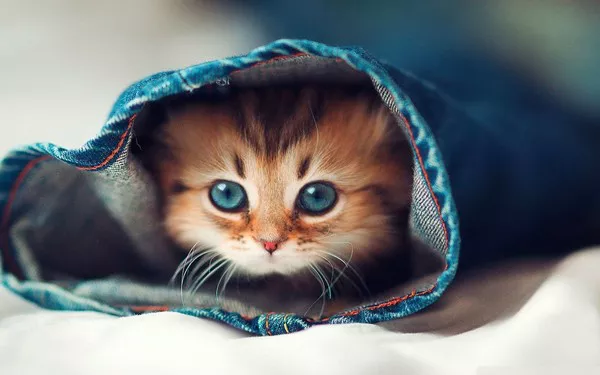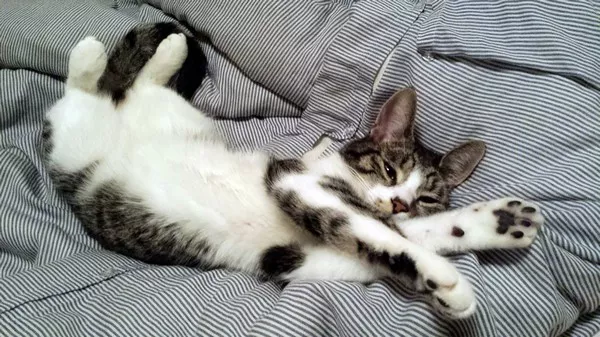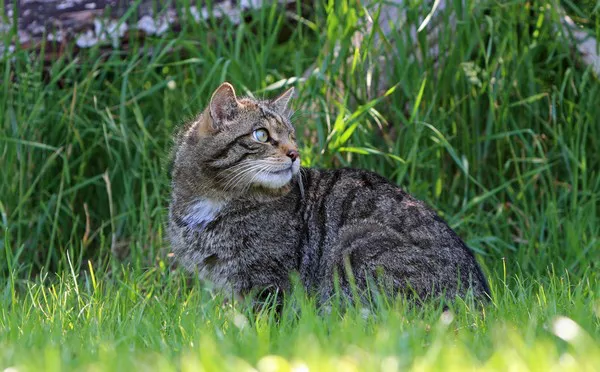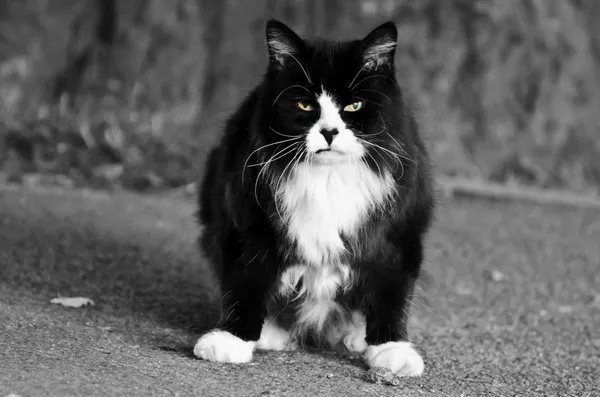Kinkalow cats are a relatively new breed of cat that was developed by crossing Munchkin cats with American Curl cats. These cats are known for their small size, round faces, and curled ears, and have become increasingly popular as pets in recent years. However, like all cats, kinkalow cats can be prone to certain health issues that owners should be aware of in order to keep their pets healthy and happy.
Dental Issues
Dental issues are common in cats, and kinkalow cats are no exception. Poor dental hygiene can lead to a buildup of plaque and tartar on the teeth, which can eventually lead to gum disease and tooth decay.
Signs of dental problems in cats can include bad breath, drooling, difficulty eating, and pawing at the mouth.
To prevent dental issues, it is important to provide your kinkalow cat with regular dental care, including brushing their teeth with a cat-specific toothpaste and providing them with dental chews or toys.
Your veterinarian can also perform regular dental cleanings to remove any buildup of tartar or plaque.
Obesity
Kinkalow cats can be prone to obesity, which can lead to a range of health problems, including diabetes, heart disease, and joint problems.
To prevent obesity, it is important to provide your kinkalow cat with a healthy diet and plenty of exercise.
This can include feeding them a balanced diet of high-quality cat food, providing them with toys and scratching posts to encourage physical activity, and limiting their access to high-calorie treats.
Your veterinarian can also provide guidance on the appropriate caloric intake for your cat based on their age, weight, and activity level.
Urinary Tract Problems
Urinary tract problems in cats, including kinkalow cats, can be caused by a variety of factors, including bacterial infections, bladder stones, and urinary blockages. These conditions can cause pain, discomfort, and can even be life-threatening if left untreated.
To prevent urinary tract problems in your kinkalow cat, it is important to provide them with plenty of fresh water to encourage regular urination and help flush out any potential bacteria or crystals. A balanced diet that is appropriate for your cat’s age, weight, and activity level can also help prevent urinary tract problems. Your veterinarian can recommend the best diet for your cat and may suggest a special diet if your cat is prone to urinary tract problems.
Regular veterinary check-ups are also important for preventing urinary tract problems in your kinkalow cat. Your veterinarian can perform routine urinalysis tests to monitor your cat’s urinary health and identify any potential problems before they become more serious. If your cat is diagnosed with a urinary tract infection or other urinary tract problem, your veterinarian can provide appropriate treatment, which may include antibiotics, pain medication, or even surgery in more severe cases.
In addition to these preventative measures, it is important to be aware of the signs of urinary tract problems in cats, including frequent urination, blood in the urine, and straining to urinate. If you notice any of these signs, it is important to seek veterinary care promptly to prevent the problem from becoming more serious.
Skin Problems
Skin problems in kinkalow cats can be caused by a variety of factors, including allergies to food, pollen, or other environmental factors, as well as parasitic infestations such as fleas or mites. In some cases, skin problems can also be caused by bacterial or fungal infections.
To prevent skin problems in your kinkalow cat, it is important to keep them clean and well-groomed. Regular brushing can help remove loose hair and prevent matting, which can lead to skin irritation and infection. Bathing your cat with a gentle, cat-specific shampoo can also help keep their skin clean and healthy.
In addition to regular grooming, it is important to provide your kinkalow cat with regular flea and tick prevention. Fleas and ticks can not only cause skin irritation and itching, but they can also transmit diseases to your cat. Your veterinarian can recommend the best flea and tick prevention products for your cat based on their individual needs.
If you notice any signs of skin irritation or infection in your kinkalow cat, such as redness, itching, or hair loss, it is important to seek veterinary care promptly. Your veterinarian can perform diagnostic tests to identify the underlying cause of the skin problem and provide appropriate treatment, which may include medications, topical treatments, or changes to your cat’s diet or environment.
Respiratory Problems
Respiratory problems can also be a health issue in kinkalow cats.
These cats can be prone to upper respiratory infections, asthma, and bronchitis, which can cause coughing, sneezing, and difficulty breathing.
Signs of respiratory problems in cats can include coughing, wheezing, and nasal discharge.
To prevent respiratory problems, it is important to keep your kinkalow cat’s environment clean and free of irritants, such as cigarette smoke or dust, and to seek veterinary care promptly if you notice any signs of respiratory distress.
Your veterinarian can also perform diagnostic tests to identify any underlying respiratory conditions and provide appropriate treatment.
Conclusion
Overall, kinkalow cats are generally healthy and long-lived, but can be prone to certain health problems that owners should be aware of. Regular veterinary check-ups, a healthy diet, and plenty of exercise and playtime can help prevent many of these health issues and ensure that your kinkalow cat stays healthy and happy for years to come.
Related Topics



























